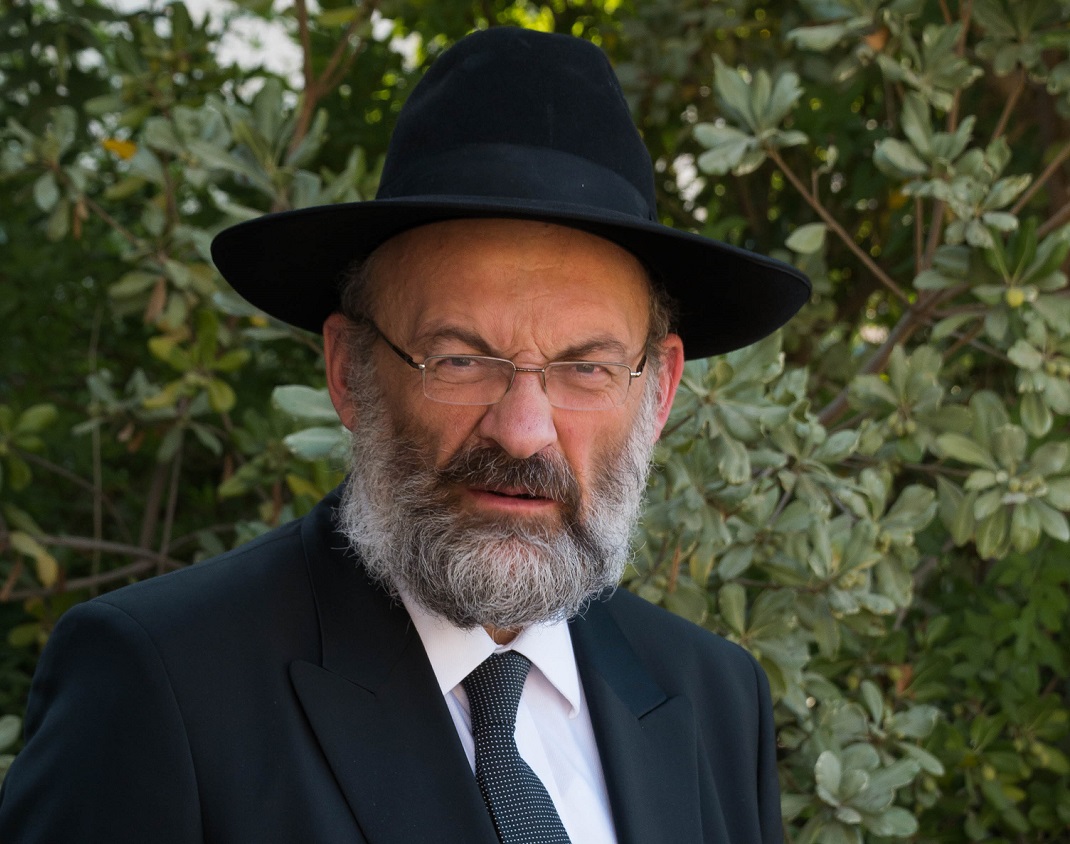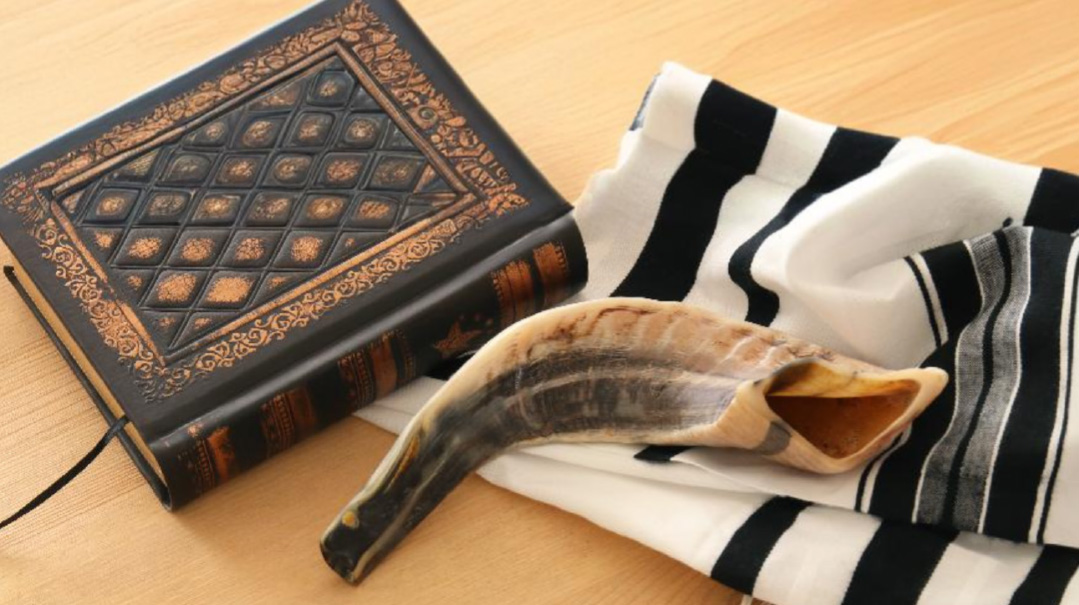Listen Again

To dig deeper, we have to learn to do something most people never do: listen again
Next week, we will relive the glorious day of Maamad Har Sinai. The Torah warns us not to forget that event as long as we live. The Ramban says that we fulfill this mitzvah by learning Torah, because by doing so, we internalize the emunah that Torah is min haShamayim.
When we learn Torah, we should experience it as coming from above, utterly beyond us. The word “Shamayim” is the plural of sham, meaning “over there.” When you learn Torah properly, every time you think you finally understand, you see that the full truth is still “over there,” always beyond reach. When we learn Torah and see that its depth is ever beyond us, we experience firsthand that Torah is min haShamayim.
The Torah is “wider than the sea” (Iyov), but it’s also deeper. And as with the sea, its depth is concealed. A person can sail across the whole ocean, blissfully enjoying its beauty, and never even realize that a whole new world exists beneath its surface.
How do we peer beneath the surface of Torah? Many people think you experience the depth of Torah by learning the writings of the Maharal, or the Arizal. Learning these areas of Torah is a good way to remind ourselves of the Torah’s unfathomable depth. But we mustn’t forget that everything in Torah is infinitely deep. Everything.
Rav Chaim of Volozhin writes that the Gra had a hundred interpretations of one pasuk in parshas Shelach; one of them explained the roots of all forces in the universe!
The eight-year-old who learns that pasuk also understands it. His simple interpretation isn’t wrong. But there’s much, much more.
That’s what’s unique about Torah. Only Torah is min haShamayim, ever beyond us. Not that there are other things we don’t yet understand. That’s true about physics and biology as well. What’s unique about Torah is that even in what we do understand, there’s always more to it.
We toil to understand a gemara, a topic in halachah, or a perek of Tanach. Then we think, “Now I understand; it’s time to move on.” The opposite is true. Because you understand, it’s time to peer under the surface and see the Torah’s wondrous depths!
Imagine a person who, after weeks at sea, finally sticks his head under the water. He opens his eyes and sees a new world he never knew existed. But he just says, “Wow, there are some nice fish in the sea,” and climbs back into the boat. Now is the time to explore, to discover!
That’s where emunah comes into the picture. We have to internalize that Torah is min haShamayim, ever beyond us. The Ramban likens the Torah to a gem with magical powers. A person who doesn’t know what’s special about this gem will admire its beauty, then put it down. But a person who knows it possesses great powers won’t rest till he’s discovered them.
If we remember that Torah is min haShamayim, we’ll never be content with our level of understanding, no matter how advanced. Because we know that if we delve just a little bit deeper, a whole new world awaits us.
Okay, we have the emunah. We believe that if we dig deeper, we’ll discover more. But how do we go deeper? We did our best, we understand the best we can — what more can we do?
If we want to dig deeper, we have to learn to do something most people never do: listen again.
The Torah is an expert teacher. It offers free shiurim for every Jew, whether he’s a complete novice or the gadol hador. When we learn something and understand it, we’ve finished listening to the Torah’s lesson. But if we really want to understand, we need to listen again.
Rav Wolbe demanded this of his talmidim. In the yeshivah, he would first give his mussar shmuess in Yiddish, and immediately thereafter in Hebrew. Some bochurim didn’t understand Yiddish, and only came to the Hebrew version. But when those who heard it in Yiddish would head for the door when he began to repeat the shmuess in Hebrew, Rav Wolbe was very upset. “What, you won’t gain any further insight by hearing it again, by thinking again?”
In our times more than ever, we’re conditioned to tune out whenever we hear something familiar. Everything has to be new; old is boring. When I give a shiur, if I dare go over something we already covered, people get a dazed look or fall asleep. We have to learn to listen to what we’ve already heard, to reconsider what we think we understand.
The ability to listen again was so important to Rav Wolbe; he used to test me by telling me the same joke dozens of times. He had a phenomenal memory, and he definitely remembered having told me the joke before. But he wanted to test me. Would I immediately nod and say, “Oh, yeah, I’ve heard that joke before,” or would I listen carefully, as if for the first time?
A friend of mine is a self-made talmid chacham. He made himself into what he is today by listening to Torah, again and again. We used to learn together b’chavrusa. I saw how every single time he opened the Gemara, the Rashba or the Shach, he approached it as if he were the first man to walk the moon. A few years ago we discussed a certain Tosafos in Eiruvin, and I asked him how many times he’d learned it. He responded matter-of-factly: “Oh, about 1,000 times.”
Someone can only do that if he really believes Torah is min haShamayim. And by doing so, as the Ramban says, he internalizes that emunah by experiencing how the truth of Torah is forever beyond, whether it’s your first time learning the sugya or your thousandth.
It doesn’t matter what area of Torah you’re learning. There’s no pasuk, no mishnah or midrash you can’t learn thousands of times.
Every week, year after year, we study the weekly parshah. Isn’t it a shame to keep on reading it with the same level of understanding we had when we were children?
“No,” people tell me, “I know much more than I used to. Now I’ve learned the commentaries of the Ramban, the Sforno…” What they don’t realize is that learning deeper doesn’t mean learning more. Learning another peirush isn’t diving deeper; it’s sailing further. You deepen your understanding by listening again, by thinking about what you already know — not by learning more and more new content.
Every morning we say birchos haTorah, then we learn the pesukim of Bircas Kohanim, the mishnah in Peah, and the gemara in Shabbos. When was the last time you thought about these texts? Maybe decades ago. But we make the brachos upon learning, not mindlessly quoting Torah texts. So wouldn’t it make more sense to learn a new pasuk or mishnah every day? No, we deliberately learn the same thing every single day, to remind ourselves that we could spend a whole lifetime on one small piece of Torah, and always find more.
This year on Shavuos, let’s remember that we’re not just accepting the Torah; we’re accepting Torah from Shamayim. Let’s listen to its teachings, and once we’ve listened, let’s listen again. If we do that, we’ll discover that beneath the familiar surface, there’s a whole new world to explore. —
—Prepared for print by Rabbi Eran Feintuch
(Originally featured in Mishpacha, Issue 913.
Oops! We could not locate your form.







